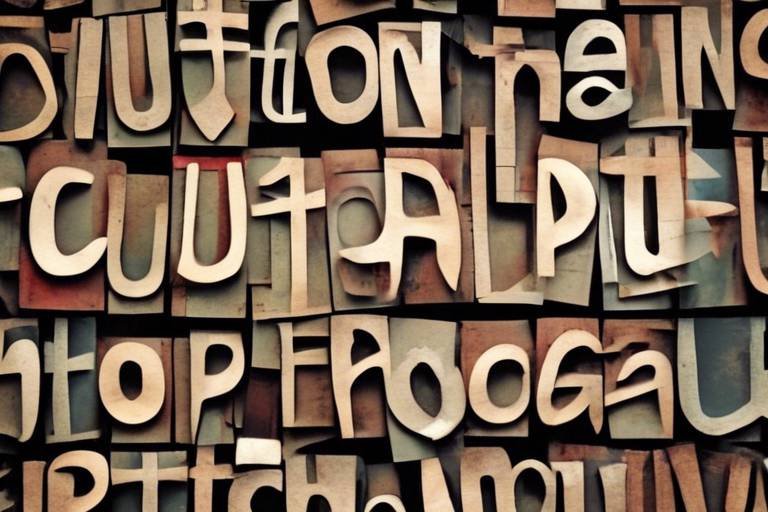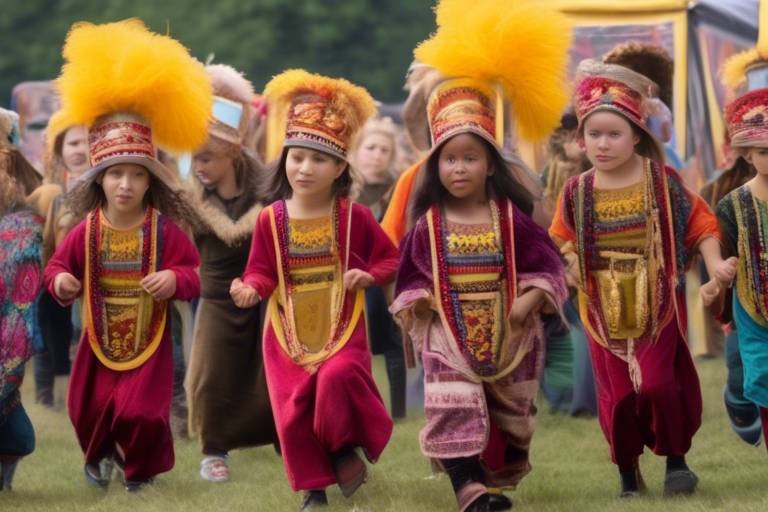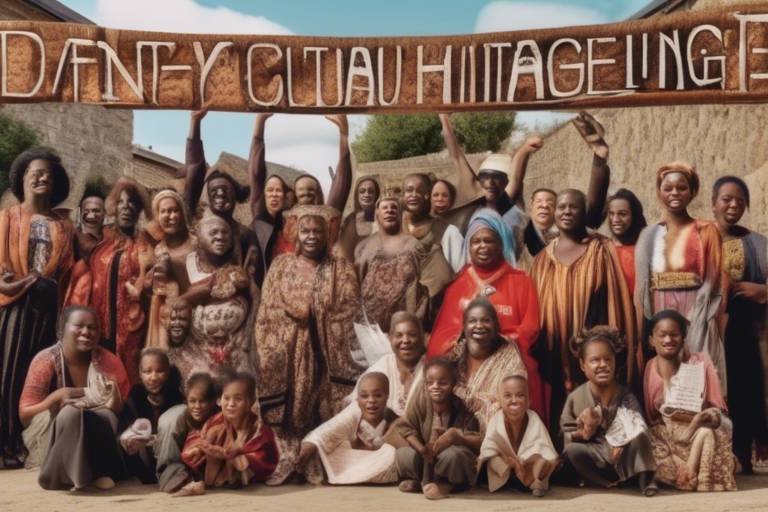How to Support Cultural Heritage in Your Community
Cultural heritage is the essence of a community, reflecting its history, traditions, and identity. Preserving and promoting cultural heritage is vital to maintaining the unique character of a place and fostering a sense of belonging among its residents. Fortunately, there are various ways individuals can support cultural heritage in their communities, contributing to its conservation and celebration for future generations to enjoy.
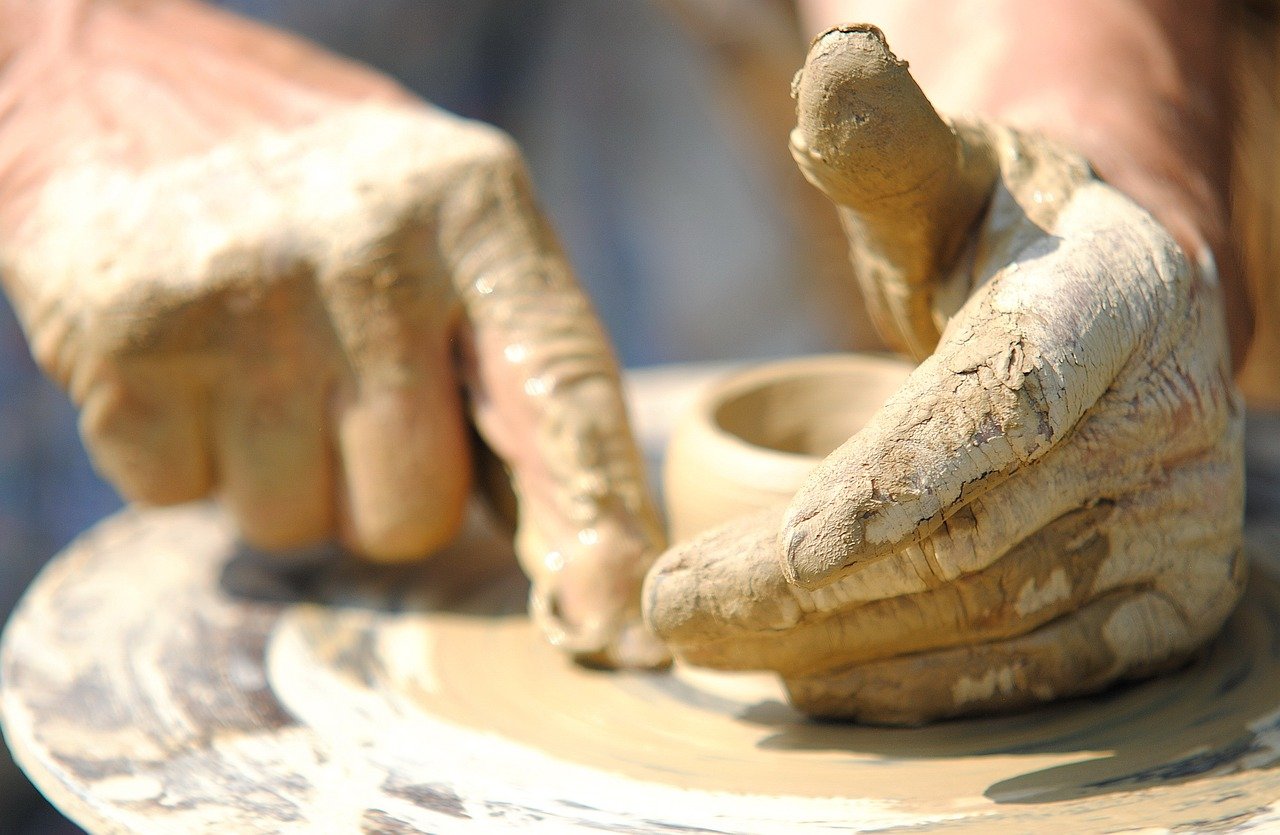
Volunteer Opportunities
Volunteering is a fantastic way to actively participate in preserving and promoting cultural heritage within your community. By offering your time and skills, you can make a meaningful impact on heritage sites and traditions that hold significant historical and cultural value.
Engaging in volunteer opportunities allows you to immerse yourself in the rich tapestry of your community's past and contribute to its preservation for future generations. Whether it's assisting with archaeological digs, organizing cultural events, or guiding tours at historical sites, there are various ways to get involved and support cultural heritage.
Volunteer programs often provide training and resources to help you understand the importance of cultural preservation and the specific needs of the heritage sites you'll be working with. This hands-on experience can deepen your appreciation for the history and traditions that make your community unique.
Moreover, volunteering offers a chance to connect with like-minded individuals who share your passion for cultural heritage. By working together towards a common goal, you can form lasting bonds and create a strong network of advocates dedicated to safeguarding the legacy of your community.

Financial Donations
Supporting cultural heritage through financial donations can have a profound impact on preserving and promoting our shared history and traditions. By contributing financially, individuals and businesses can play a crucial role in ensuring the sustainability of cultural heritage institutions and projects.
Financial donations can fund various initiatives, such as:
- Preservation and restoration of historical sites and artifacts
- Digitization of cultural archives for wider access
- Sponsorship of cultural events and exhibitions
Moreover, financial contributions can also support educational programs that aim to raise awareness about the importance of cultural heritage. These programs help instill a sense of pride and appreciation for our cultural legacy among community members of all ages.
Through financial donations, individuals can leave a lasting legacy for future generations, ensuring that our cultural heritage continues to thrive and enrich the lives of those in our communities.

Sponsorship Programs
Sponsorship programs play a crucial role in supporting cultural events and restoration projects. By partnering with businesses and individuals, cultural heritage sites and traditions can receive the financial backing they need to thrive. These programs not only provide the necessary funds for preservation efforts but also help raise awareness about the importance of cultural heritage.
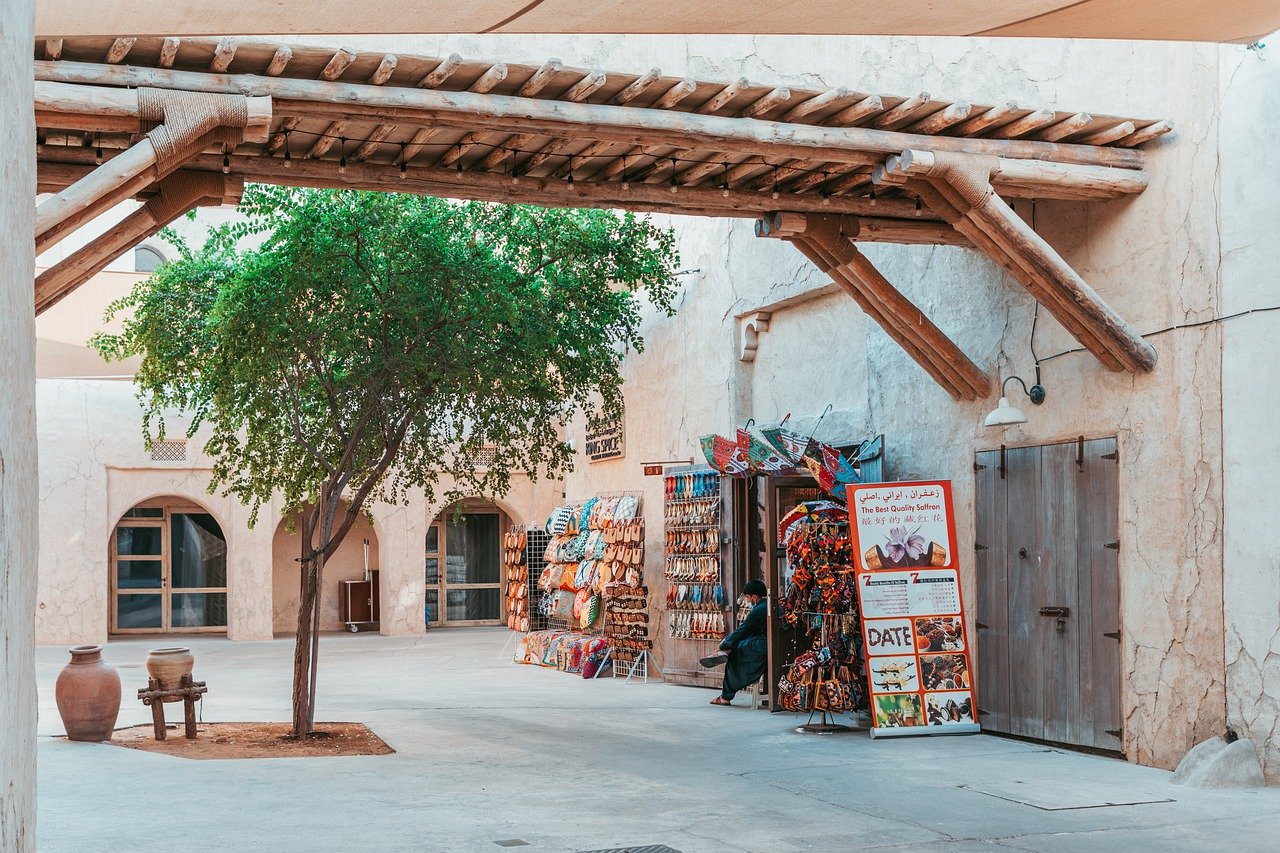
Education and Awareness
Education and awareness play a crucial role in preserving and promoting cultural heritage within our communities. By educating individuals about the significance of cultural heritage, we can instill a sense of pride and responsibility towards preserving our shared history and traditions.
One effective way to raise awareness is through workshops and seminars that engage community members in interactive learning experiences. These events provide a platform for experts to share knowledge, stories, and insights about cultural heritage, creating a deeper connection between people and their heritage.
Furthermore, organizing educational programs in schools and community centers can help cultivate a new generation of cultural heritage advocates. By integrating heritage topics into curricula and extracurricular activities, we can ensure that the values and importance of our heritage are passed down to future generations.
Collaborating with local artists, historians, and cultural experts can also enhance educational initiatives. By bringing in diverse perspectives and expertise, we can offer a holistic understanding of cultural heritage, encouraging dialogue and appreciation among community members.
Moreover, utilizing digital platforms and social media can amplify educational efforts by reaching a wider audience. Sharing stories, photos, and videos about cultural heritage online can spark interest and curiosity, prompting individuals to explore and learn more about their heritage.
Ultimately, education and awareness serve as the foundation for fostering a strong sense of cultural identity and heritage preservation in our communities. By investing in educational initiatives and raising awareness, we can ensure that our cultural heritage remains vibrant and cherished for generations to come.

Workshops and Seminars
Workshops and seminars play a crucial role in raising awareness and appreciation for cultural heritage within local communities. These interactive sessions provide a platform for individuals to learn about the significance of preserving heritage sites and traditions while actively engaging in discussions and hands-on activities.
During workshops, participants can delve into the history and cultural significance of specific heritage sites, gaining a deeper understanding of their importance. Through engaging presentations and interactive sessions, attendees can explore the unique stories behind each cultural landmark, fostering a sense of connection and pride in their community's heritage.
Moreover, seminars offer a valuable opportunity for experts and enthusiasts to share their knowledge and expertise on cultural heritage preservation. By attending these educational sessions, individuals can gain insights into best practices, conservation techniques, and the latest developments in the field of heritage preservation.
Collaborative workshops and seminars also provide a platform for community members to come together and brainstorm innovative ideas for preserving and promoting cultural heritage. By exchanging perspectives and working collectively towards a common goal, participants can ignite a sense of passion and commitment towards safeguarding their shared heritage for future generations.
Overall, workshops and seminars serve as dynamic platforms for learning, collaboration, and inspiration, empowering individuals to actively contribute to the preservation and promotion of cultural heritage in their communities.

Advocacy and Policy Support
Advocacy and policy support play a crucial role in safeguarding and promoting cultural heritage within a community. By actively engaging in advocacy efforts and supporting the development of relevant policies, individuals can contribute significantly to the preservation of their cultural identity and heritage. Advocacy involves speaking up for the protection of cultural sites, traditions, and artifacts, as well as lobbying for the implementation of laws that safeguard these valuable assets.
One effective way to advocate for cultural heritage is to collaborate with local authorities and organizations to push for the enactment of legislation that protects and preserves heritage sites. By participating in public consultations, writing to policymakers, and attending community meetings, individuals can voice their concerns and influence decision-making processes that impact cultural heritage preservation.
Moreover, supporting policy initiatives that allocate funding for heritage conservation projects is essential in ensuring the sustainability of cultural heritage. By advocating for budget allocations towards heritage preservation, individuals can help secure resources for the maintenance and restoration of historical sites, monuments, and artifacts that hold significant cultural value.
Additionally, raising awareness about the importance of cultural heritage protection through educational campaigns and public outreach programs is a key aspect of advocacy. By organizing awareness-raising events, workshops, and seminars, individuals can inform the community about the significance of preserving cultural heritage and garner support for policy changes that prioritize heritage conservation.
Furthermore, collaborating with like-minded individuals and organizations to form advocacy groups dedicated to cultural heritage protection can amplify efforts and bring about meaningful change. By joining forces with experts in the field, community leaders, and heritage enthusiasts, individuals can collectively advocate for policies that promote the sustainable management and preservation of cultural heritage assets.
In conclusion, advocacy and policy support are essential pillars in the preservation and promotion of cultural heritage within a community. By actively engaging in advocacy initiatives, supporting policy developments, and raising awareness about the importance of heritage conservation, individuals can contribute to safeguarding their cultural identity for future generations.
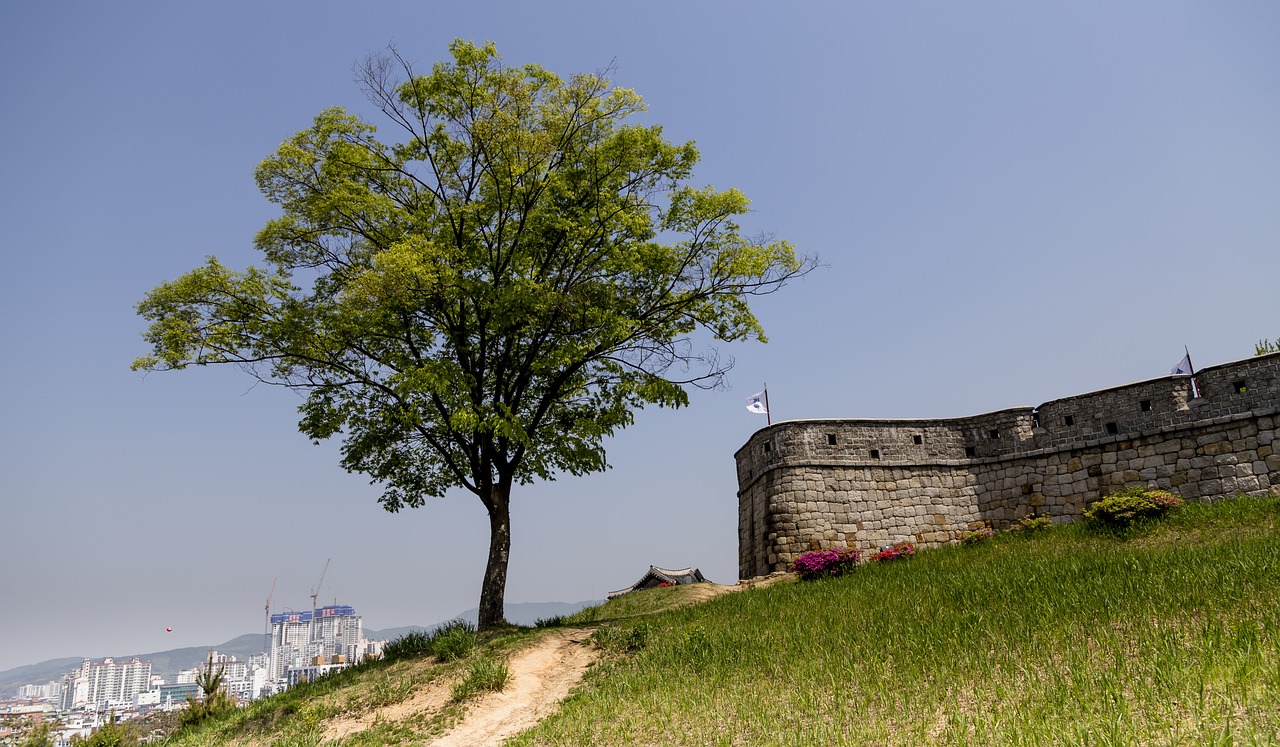
Community Engagement
Community engagement plays a crucial role in preserving and promoting cultural heritage within a local community. By actively involving community members in heritage preservation efforts, a sense of ownership and pride is instilled, fostering a deeper connection to the cultural identity of the area. Through collaborative events and activities, individuals can come together to celebrate and safeguard their shared heritage.
One effective way to engage the community is through organizing cultural heritage festivals that showcase traditional arts, crafts, music, and cuisine. These events not only provide a platform for local artists and artisans to display their talents but also offer an opportunity for residents to immerse themselves in the rich cultural tapestry of their community.
Furthermore, community engagement can be enhanced through interactive workshops and educational programs that aim to educate residents, especially the younger generation, about the significance of preserving cultural heritage. By instilling a sense of appreciation and respect for their heritage from a young age, future generations are more likely to become stewards of their cultural legacy.
Collaborating with local schools and educational institutions can also be a powerful way to engage the community in heritage preservation. By integrating cultural heritage topics into the curriculum and organizing field trips to historical sites, students can develop a deeper understanding of their local heritage and its importance in shaping their community's identity.
Moreover, fostering partnerships with community organizations, local businesses, and government entities can amplify the impact of cultural heritage preservation initiatives. By working together towards a common goal, stakeholders can pool resources, expertise, and networks to support heritage projects and raise awareness about the importance of safeguarding cultural assets.
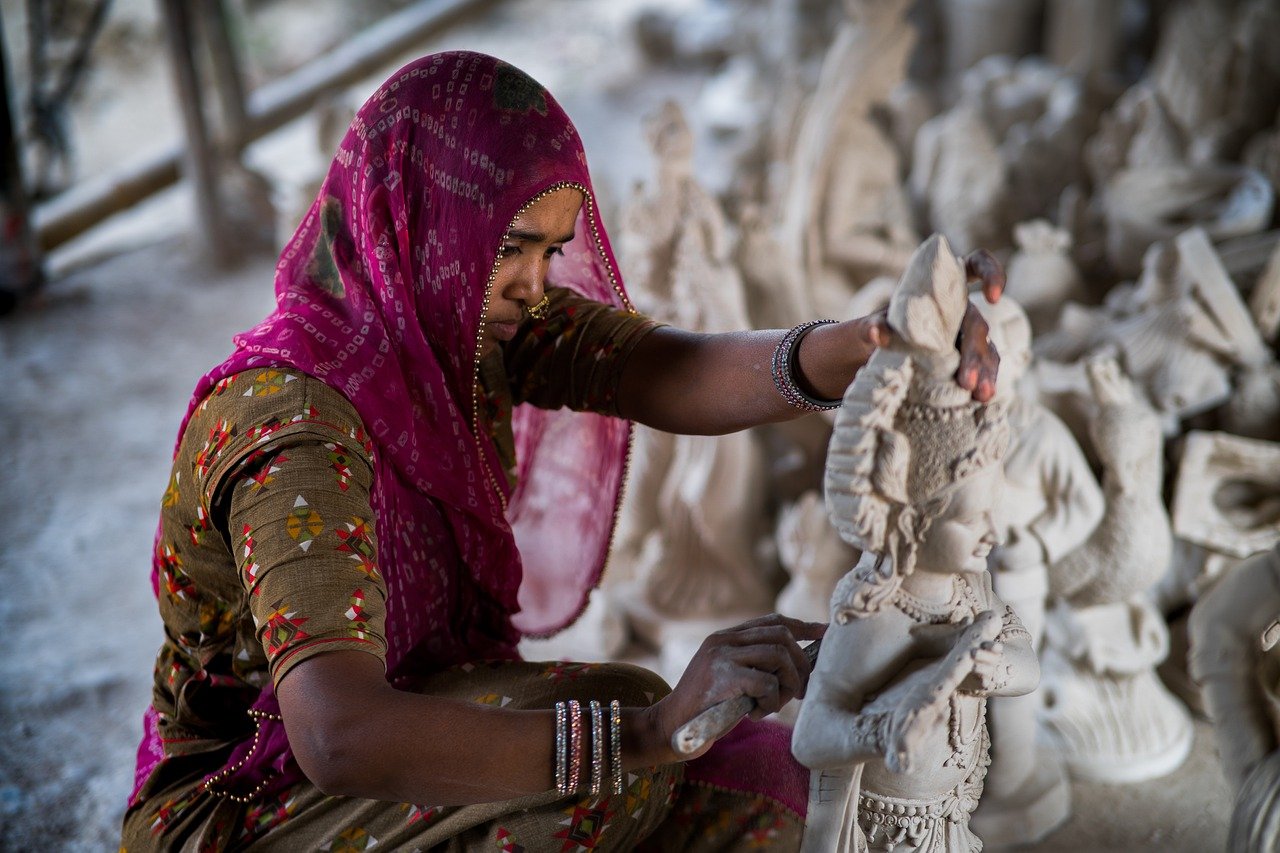
Collaboration with Local Institutions
Collaborating with local institutions is a crucial aspect of supporting cultural heritage in your community. By partnering with museums, libraries, and other cultural establishments, individuals can significantly contribute to the preservation and promotion of heritage initiatives. These institutions often hold valuable resources, artifacts, and knowledge that can enhance community efforts to safeguard cultural heritage for future generations.
Through collaboration, community members can access expert guidance, historical archives, and specialized facilities that can aid in research, conservation, and educational programs. By working together, individuals and local institutions can create impactful projects, exhibitions, and events that celebrate and protect the rich cultural heritage of the community.
Moreover, partnering with cultural institutions can help raise awareness about the importance of preserving heritage sites and traditions. By showcasing the significance of cultural artifacts and historical narratives, collaborations can inspire community members to actively participate in heritage preservation efforts. This shared commitment to cultural heritage can foster a sense of pride, belonging, and unity among residents, strengthening the fabric of the community.
Collaboration with local institutions also offers opportunities for skill-sharing and capacity-building. By engaging with professionals in the cultural sector, individuals can acquire new knowledge, develop relevant skills, and gain insights into effective heritage conservation practices. This exchange of expertise and resources can lead to innovative approaches to heritage preservation and ensure the sustainability of cultural initiatives in the long run.
In conclusion, partnering with local institutions is a powerful way to support cultural heritage in your community. By joining forces with museums, libraries, and cultural organizations, individuals can amplify their impact, access valuable resources, and engage in meaningful projects that celebrate and safeguard the diverse heritage of the community.
Frequently Asked Questions
- How can I get involved in supporting cultural heritage?
There are various ways to support cultural heritage in your community. You can volunteer for programs that focus on preserving heritage sites, make financial donations to cultural institutions, participate in educational workshops, advocate for heritage protection laws, collaborate with local institutions, and engage in community events.
- Why is preserving cultural heritage important?
Preserving cultural heritage is crucial as it helps maintain a sense of identity, history, and tradition within a community. It allows future generations to connect with their roots, fosters a sense of pride, and promotes diversity and understanding among different cultures.
- How can businesses contribute to supporting cultural heritage?
Businesses can support cultural heritage by sponsoring events, restoration projects, or educational programs. They can also partner with cultural institutions to promote heritage preservation, engage in corporate social responsibility initiatives, and raise awareness about the value of cultural heritage.
- What role does education play in preserving cultural heritage?
Education plays a vital role in preserving cultural heritage by raising awareness about its significance, teaching the importance of heritage conservation, and instilling a sense of responsibility towards protecting cultural assets. Through education, communities can appreciate and safeguard their heritage for future generations.

